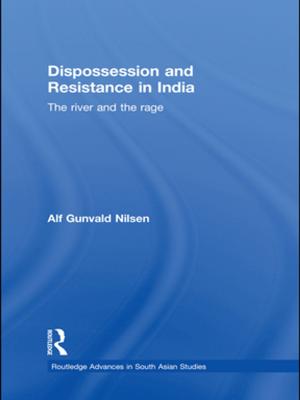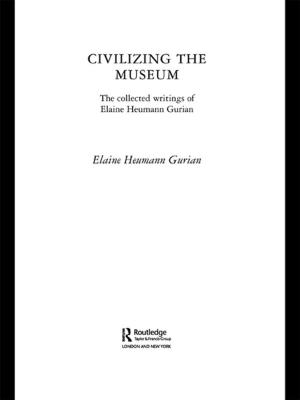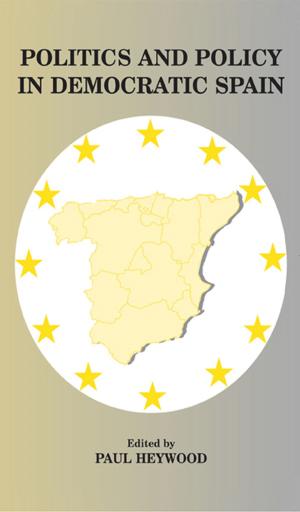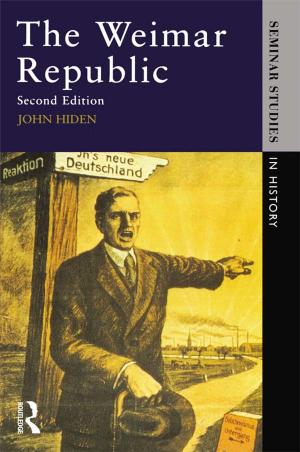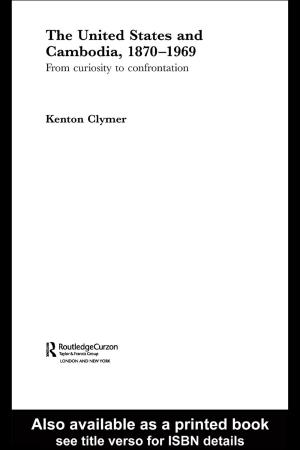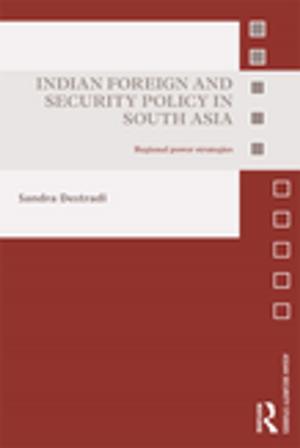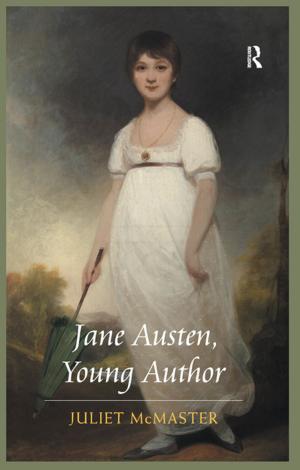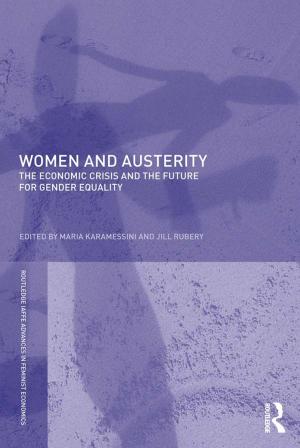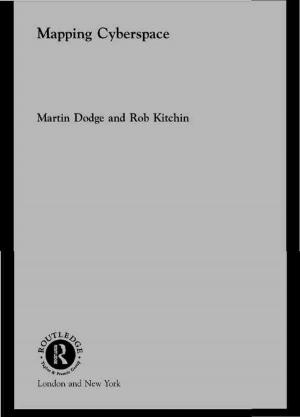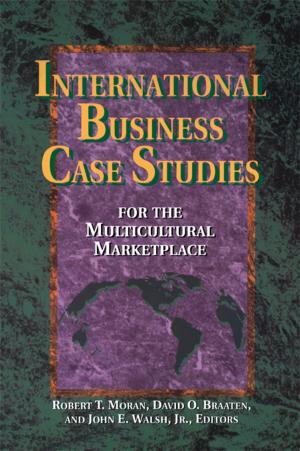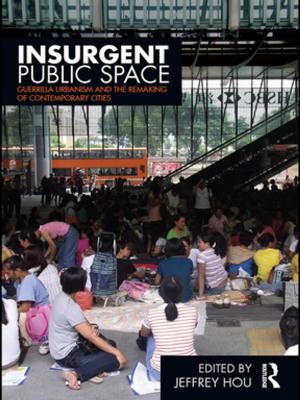Changing Transatlantic Security Relations
Do the U.S, the EU and Russia Form a New Strategic Triangle?
Nonfiction, History, Military, Strategy, Social & Cultural Studies, Political Science| Author: | ISBN: | 9781134166350 | |
| Publisher: | Taylor and Francis | Publication: | September 27, 2006 |
| Imprint: | Routledge | Language: | English |
| Author: | |
| ISBN: | 9781134166350 |
| Publisher: | Taylor and Francis |
| Publication: | September 27, 2006 |
| Imprint: | Routledge |
| Language: | English |
This new book shows how the idea of a strategic triangle can illuminate the security relationships among the United States, the European Union and Russia in the greater transatlantic sphere.
This concept highlights how the relationships among these three actors may, on some issues, be closely related. A central question also follows directly from the use of the notion of the triangle: does the EU have actor capability in this policy sphere or will it get it in the future? The reason this is so important for our project is that only if the Union is regarded by the two other actors, and regards itself, as an actor in security policy does the strategic triangle really exists. Consequently, this book has a strong focus upon the development of the actor capability of the Union. In the case of the United States, it examines to what extent the concept of the strategic triangle has significance under each of five grand strategies that serve as alternative visions of the superpower’s role in the world.
This new book shows how the idea of a strategic triangle can illuminate the security relationships among the United States, the European Union and Russia in the greater transatlantic sphere.
This concept highlights how the relationships among these three actors may, on some issues, be closely related. A central question also follows directly from the use of the notion of the triangle: does the EU have actor capability in this policy sphere or will it get it in the future? The reason this is so important for our project is that only if the Union is regarded by the two other actors, and regards itself, as an actor in security policy does the strategic triangle really exists. Consequently, this book has a strong focus upon the development of the actor capability of the Union. In the case of the United States, it examines to what extent the concept of the strategic triangle has significance under each of five grand strategies that serve as alternative visions of the superpower’s role in the world.


